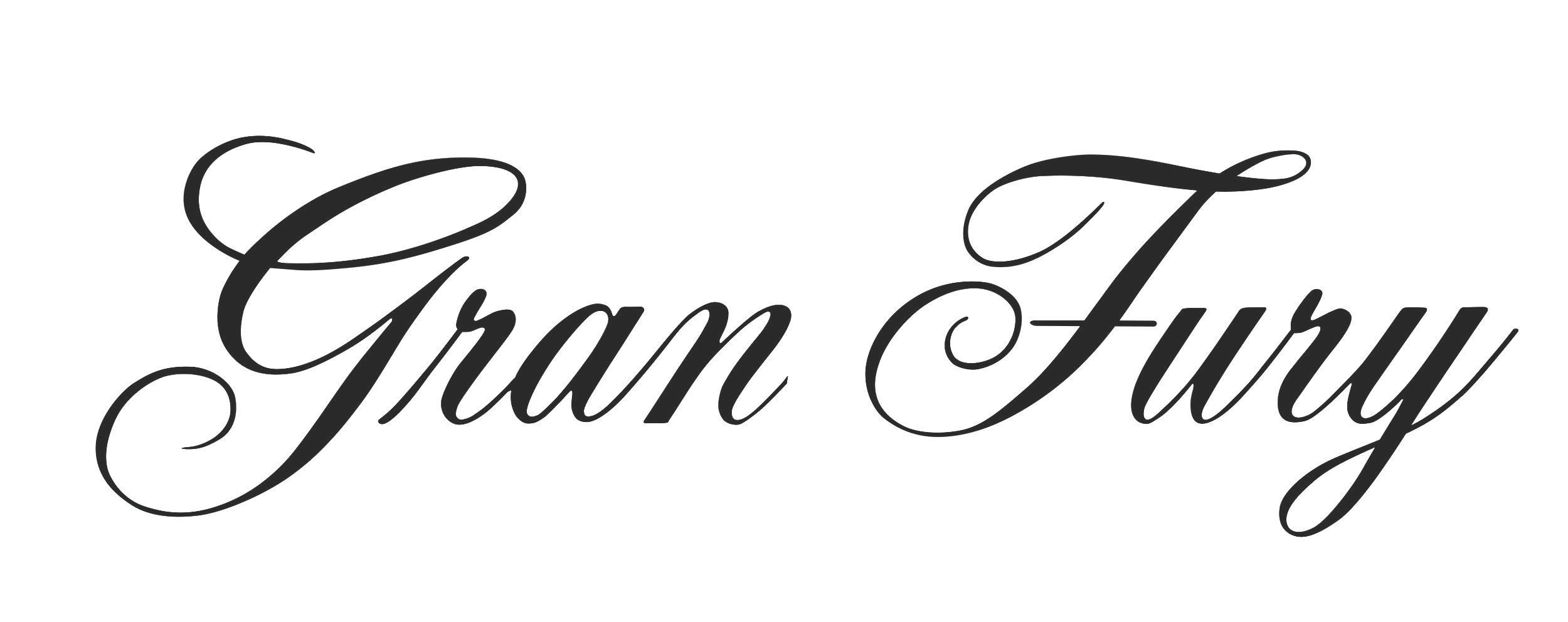Gran Fury formed out of the AIDS direct action group, ACT UP, to give voice to the political issues surrounding the earliest days of the AIDS crisis in America. This eleven person collective devised appropriation strategies to simultaneously utilize and critique Madison Avenue vernaculars, and circumnavigate questions of access. Named for the automobile used by the New York City police force (and also sounding like "big anger"), Gran Fury created works for the public sphere that drew attention to medical, moral, and public issues related to the AIDS crisis. Gran Fury produced work ranging from flyers announcing AIDS activist demonstrations to billboards, bus sides and bus shelters that challenged medical facts, public perceptions, and political realities. Gran Fury’s work drew critical praise from both the commercial and art worlds, and is notable for the impact it had on the history of the AIDS crisis. Gran Fury’s body of work is in direct line of descent with Situationist questions, and sits comfortably within the continuum of art that is politically engaged. The work has been featured in public art commissions for The Whitney, The New Museum, The Venice Biennale, Creative Time and The Public Art Fund, in publications like ArtForum, Bomb and The New York Times, and is in the permanent collections of MoMA, The Whitney and The New Museum. In 2012 Gran Fury mounted “READ MY LIPS”, the first public survey of their work for 80WSE in New York City. In 2018, the collective reprised this show at London’s AutoItalia. In 2011, Gran Fury was awarded an Honorary PhD by the Massachusetts College of Art and Design and in 1990 received the Brendan Gill Prize from the Municipal Art Society.
Gran Fury existed as a collective with a fixed membership from the end of 1989 when the group closed to new members. This Gran Fury included Richard Elovich, Avram Finkelstein, Tom Kalin, John Lindell, Loring McAlpin, Marlene McCarty, Donald Moffett, Michael Nesline, Mark Simpson and Robert Vazquez. Before that time, the group was more in flux, depending on who showed up for a meeting. As most of the early meetings were undocumented, we’ve relied on memory to recall those earlier member. They included Steven Barker, Leonard Bruno, Richard Deagle, Mark Harrington, Todd Haynes, Amy Heard, John Keenan, Terry Riley, Don Ruddy, Neil Spisak and Anthony Viti. A sincere apology to any people we have missed which we are certain to have done.

